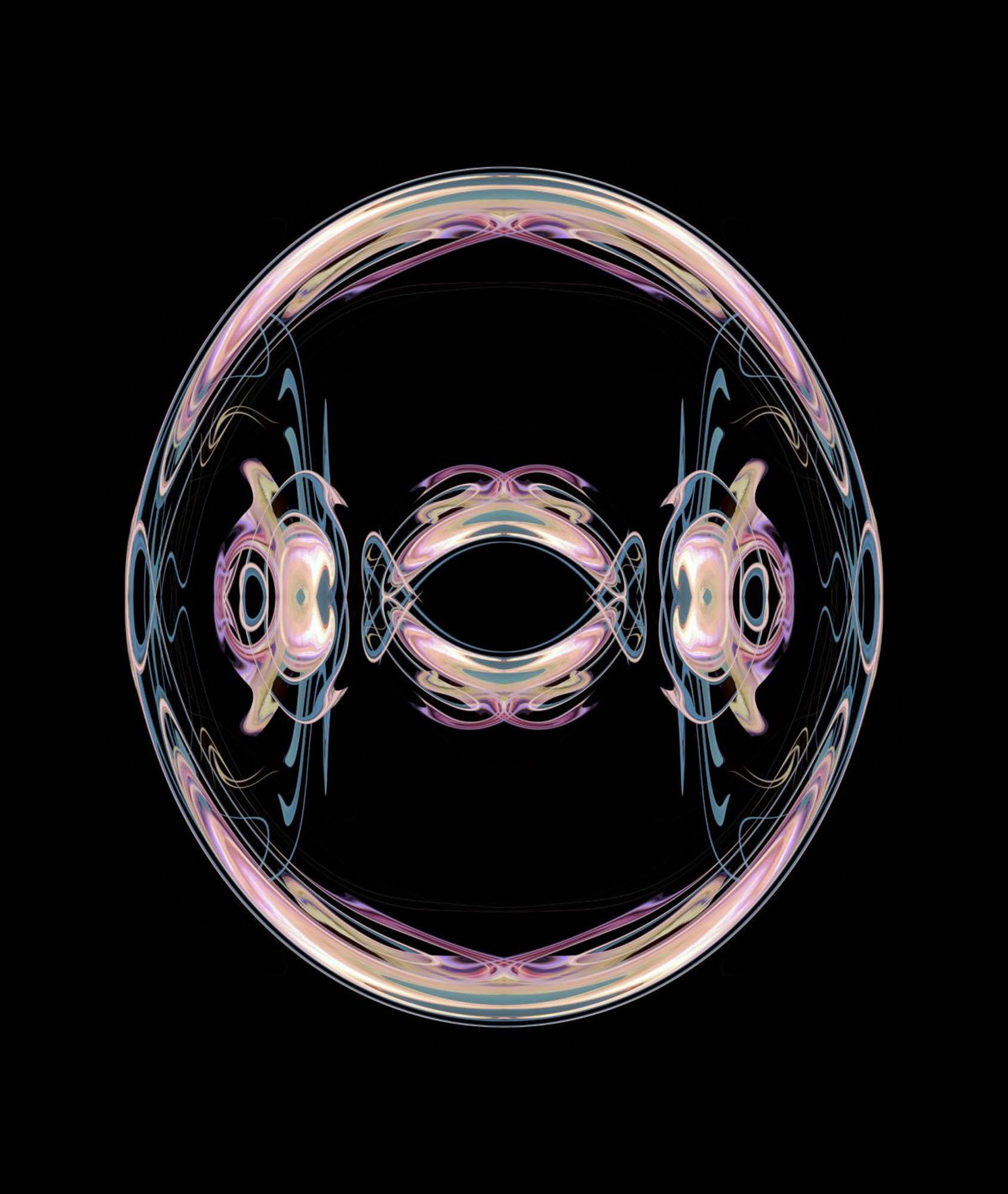Shantha:
During a panel for International Women’s Day, you spoke a lot about community work. What does that look like for you?
Violet:
Since the beginning of my professional practice, I have been working towards a world where my art and activism melt together as one. Thankfully these days I can say this is true. By changing the shape of the literary and artistic canon here in this place in some small way, it is my hope to further encourage more queer and trans creative labour here at the Atlantic Edge. With that being said, I have never ceased grassroots organizing. Activism can take place in many different ways. It can be a bunch of queers coming together making a zine, or it can be doing drag. It can be cooking food for community supper and feeding people. It can be creating a bake sale at MUN and donating all the proceeds to Quadrangle. It can be having a gender friendly and gender inclusive clothing swap. It can be highlighting artists in your area who inspire you. It can be almost anything as long as it has a direct material benefit to your local or wider community.
I truly believe the most impactful activism people can participate in is community-based organizing, because it actually affects your neighbours. I’ve been queer and trans in this city for a decade, and I’ve been both the recipient of and the participant in these actions. Never, ever forget your crowd/our crowd—even though we live in a culture that still marginalizes us, it is my hope that my work is loud in its message: you can’t give up the ghost because you don’t belong in the world you find yourself in. There have been and always will be worlds our communities have created for ourselves where we can be celebrated as we are. The people in them are vital and important for your survival as a queer, trans, and/or disabled person. You just have to find them, or create your own, and let everybody else catch up eventually.
